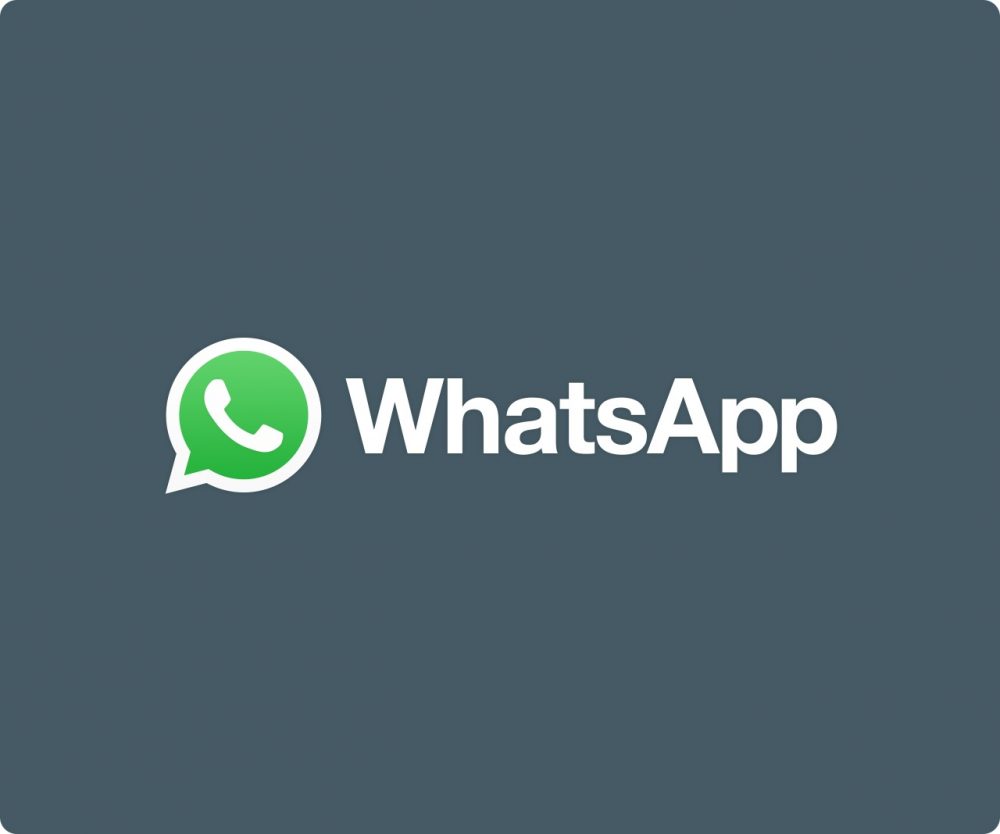New Delhi: After Indian Government has recently dealt with retail giants Amazon.com and Walmart which indeed was a devastating blow this year with new policies implemented, now the U.S. social media giants such as Facebook and Twitter are in danger of suffering a similar setback.
Not only Facebook and Twitter WhatsApp – the popular messaging application owned by Facebook is also in danger of facing similar setbacks in India, Bloomrang reports.
The Indian Government has been pressing the popular messaging app WhatsApp to allow giving permissions to access the protected, or encrypted, messages after the messaging app has been widely used to incite violence and to spread fake news, pornography.
However, Facebook has refused to give permissions which also means it is on the risk or even on the possibility of a shutdown in its biggest market.
“For six months, we’ve been telling them to bring more accountability to their platform but what have they done?” said Gopalakrishnan S., a senior official in the Ministry of Electronics and Information Technology known as MEITY.
“So pedophiles can go about on WhatsApp fully secure that they won’t get caught. It is absolutely evil”, he said.
WhatsApp spokesman Carl Woog replying to the issue said the government’s demands run counter to the company’s privacy policies and compliance would mean ending the service’s privacy protections for its customers.
“What is contemplated by the rules is not possible today given the end-to-end encryption that we provide and it would require us to re-architect WhatsApp, leading us to a different product, one that would not be fundamentally private,” said Woog speaking on the issue.
However, he said that messaging app has a zero-tolerance policy around child sexual abuse, and that about 250,000 accounts are banned each month for sharing vile content.
‘We ban users from WhatsApp if we become aware they are sharing content that exploits or endangers children,’ he said.
On the other hand, Facebook will further become more reliant on encryption as the company had recently stated that it would be adding default encryption to users’ chats on Messenger and Instagram in the next year or so.
With end-to-end encryption, not even Facebook can see what its users are saying to each other.
India being a vast nation has garnered 71 million people in its online population which is a decade ago, and now the population has increased 480 million and is further hoped to grow to 737 million by 2022, according to Forrester Research Inc.
With numerous rumors and fake videos spread on its network were linked to about two dozen lynchings on WhatsApp alone, the Indian government hasn’t been satisfied by the company’s efforts to contain the damage, such as limiting the number of times a message can be forwarded.
Officials want more access to WhatsApp messages themselves so they can hold people accountable.
“If telecom companies like Airtel, Jio and BSNL are mandated to maintain call records, why should WhatsApp get a different rule?” Gopalakrishnan asked.
“We don’t care about the good morning and divorce messages that are shared, we only want traceability to prevent or detect crimes,” he added.
The Ministry is currently drafting the “Intermediary Guidelines,” which would make online platforms like WhatsApp responsible for the content their users share an these regulations would also affect Facebook, Twitter and popular Chinese apps such as Bytedance Ltd.’s TikTok.
A draft of the same published on the MEITY website suggests holding such services responsible for a broad range of content, including information found to be “blasphemous, defamatory, obscene, pornographic, paedophilic, libellous, invasive of another’s privacy, hateful, or racially, ethnically objectionable, disparaging, relating or encouraging money laundering or gambling, or otherwise unlawful in any manner whatever.”
If at all the draft comes into force, social networking apps and messaging apps like WhatsApp and others will have to give access to make the messages traceable, remove objectionable content within 24 hours along with cooperating with government agencies investigating offences.

